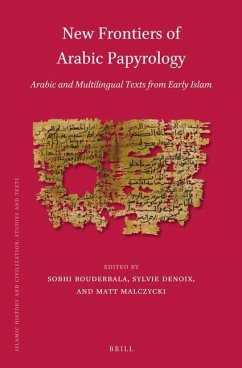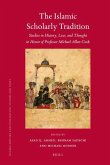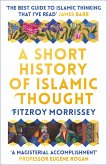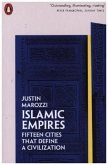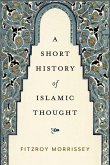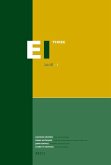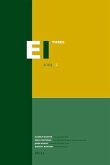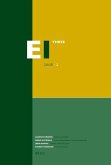New Frontiers of Arabic Papyrology contains research presented at the 5th congress of the International Society for Arabic Papyrology (ISAP) held in Tunis in 2012. Like previous ISAP volumes, this one focuses on the transformative era of the Islamic conquests, although some of the articles treat later periods. The volume contains articles relevant to Arabic, Coptic, and Greek papyrology. There is also work on folk religion, astronomy, and epigraphy.
Contributors: Lotfi Abdeljaouad, Lajos Berkes, Ursula Bsees, Janneke de Jong, Manabu Kameya, Marie Legendre, Matt Malczycki, Tonio Sebastian Richter, Johannes Thomann, Khaled Younes
Contributors: Lotfi Abdeljaouad, Lajos Berkes, Ursula Bsees, Janneke de Jong, Manabu Kameya, Marie Legendre, Matt Malczycki, Tonio Sebastian Richter, Johannes Thomann, Khaled Younes
"The publication is an important addition to every library with interests in papyrology, literacy, multilingualism, and manuscripts as both material objects and carriers of religious literature, scientific knowledge, and documentary evidence of administration in Early Islam, with a focus on Egypt." - Alexandros Tsakos, in: Journal of Oriental and African Studies 27 (2018)

